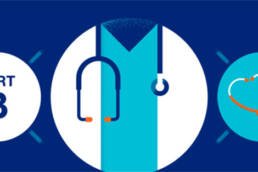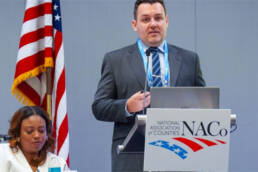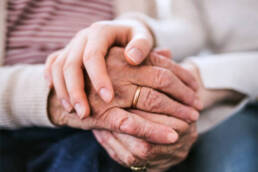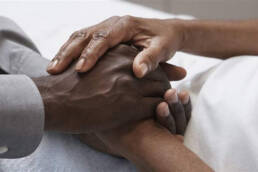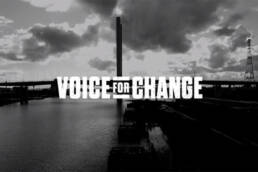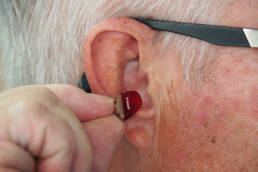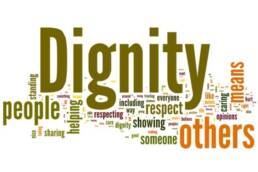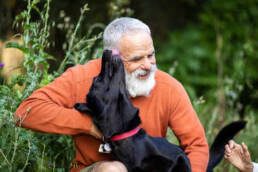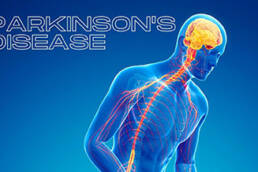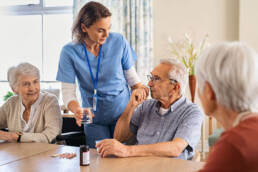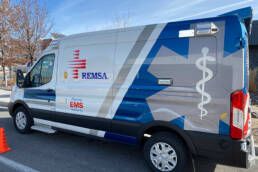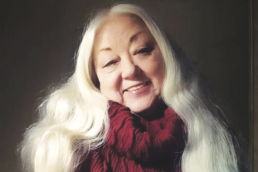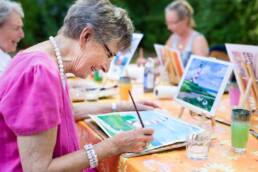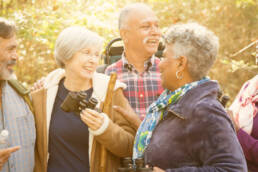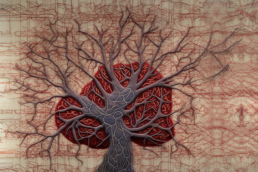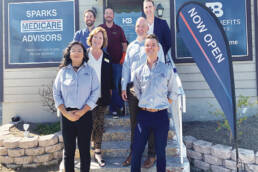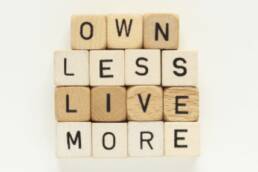A cancer diagnosis, whether recent or part of a years-long journey, often brings more than physical challenges. Emotional distress, confusion and isolation can turn into unwelcome companions for both patients and their loved ones. Where I have seen noted success in cancer journeys is when patients work to find reliable sources of strength and connection. Support groups can make a world of difference.
Recognizing their power, Oncology Nevada recently launched a support group open to both patients and their family members, helping individuals talk through and tackle the many emotional and psychological facets of a cancer diagnosis. These groups offer a confidential space to share experiences, gain insights and find hope among others who understand the journey firsthand.
“Going through cancer treatment can be isolating, overwhelming and confusing,” said Dr. Chad Doerr, Psy.D, clinical and sport psychologist and the lead for Oncology Nevada’s support groups. “Having the confidential space for others to provide wisdom, support and hope can be highly beneficial for treatment. I am grateful Oncology Nevada sees the importance of social and emotional support for cancer treatment and has provided the space for individuals experiencing prostate cancer to obtain this support.”
As medical director of Oncology Nevada, I have had the opportunity to care for many individuals facing cancer diagnoses. While no two journeys are identical, I see firsthand the critical role that emotional resilience and social support play in strengthening someone at a time when so much will be tested. Regardless of diagnosis or prognosis, I have seen support groups unite patients in the commonalities of their cancer journey so the road ahead feels less alone.
But it’s not just my or my colleagues’ direct observations. The value of structure support groups is backed by growing research. A review published in the European Journal of Cancer Care found that attending support groups can lead to significant reductions in anxiety and depression, improved coping strategies and a stronger sense of emotional well-being. The study also emphasized that regular participation seemed to help patients better manage the emotional toll of a diagnosis and the subsequent treatment, providing both practical and psychological tools for navigating their journey.
In addition to psychological relief, social support has been linked to tangible improvements in physical health outcomes like healthier immune function and reduction in cortisol levels, according to the Society of Behavioral Medicine. Emotional and practical support from peers and loved ones can also improve a patient’s ability to adhere to a treatment regimen. Connecting with others who understand the complexities of a cancer journey doesn’t just ease emotional burdens, it seems as though it may strengthen the body’s ability to heal.
A patient who participates in Oncology Nevada’s support group, was kind enough to share his experience:
“The healing process for my cancer continues with the help of our support group. We share a journey of many different treatment paths, but with one common goal which is better health and a happy life. The support group is a very big part of the healing process as it gives us the opportunity to share with others not only our fears but also our hopes. I leave the meetings feeling confident I’m on the right path. Support groups are powerful health tools.”
Whether you’re facing cancer yourself or walking alongside a loved one during their journey, finding a community of support is something I wholeheartedly recommend. Whether it’s a formal resource or a consistent connection with others who have been down a similar path, the healing power of connection is a powerful medicine I recommend to anyone going through this trying time.
I wish you well on your journey. Learn more at www.oncologynevada.com.









